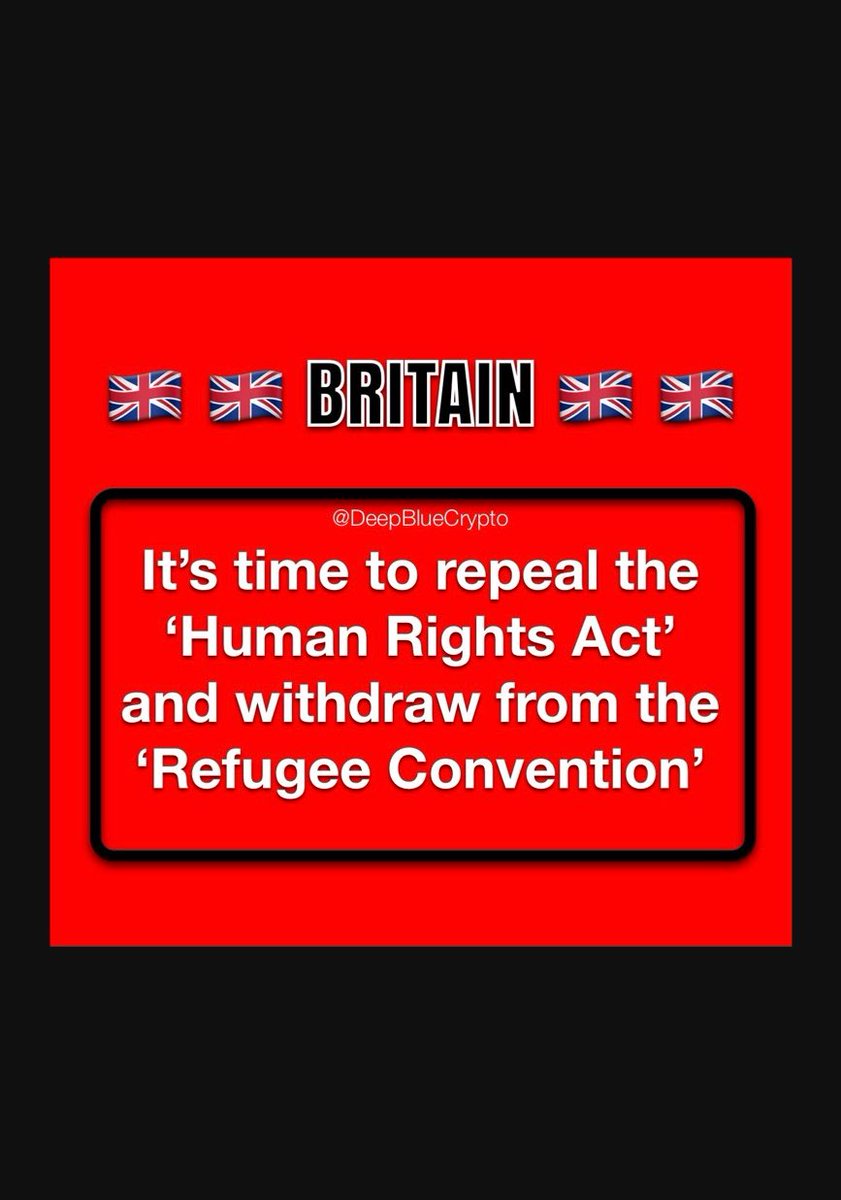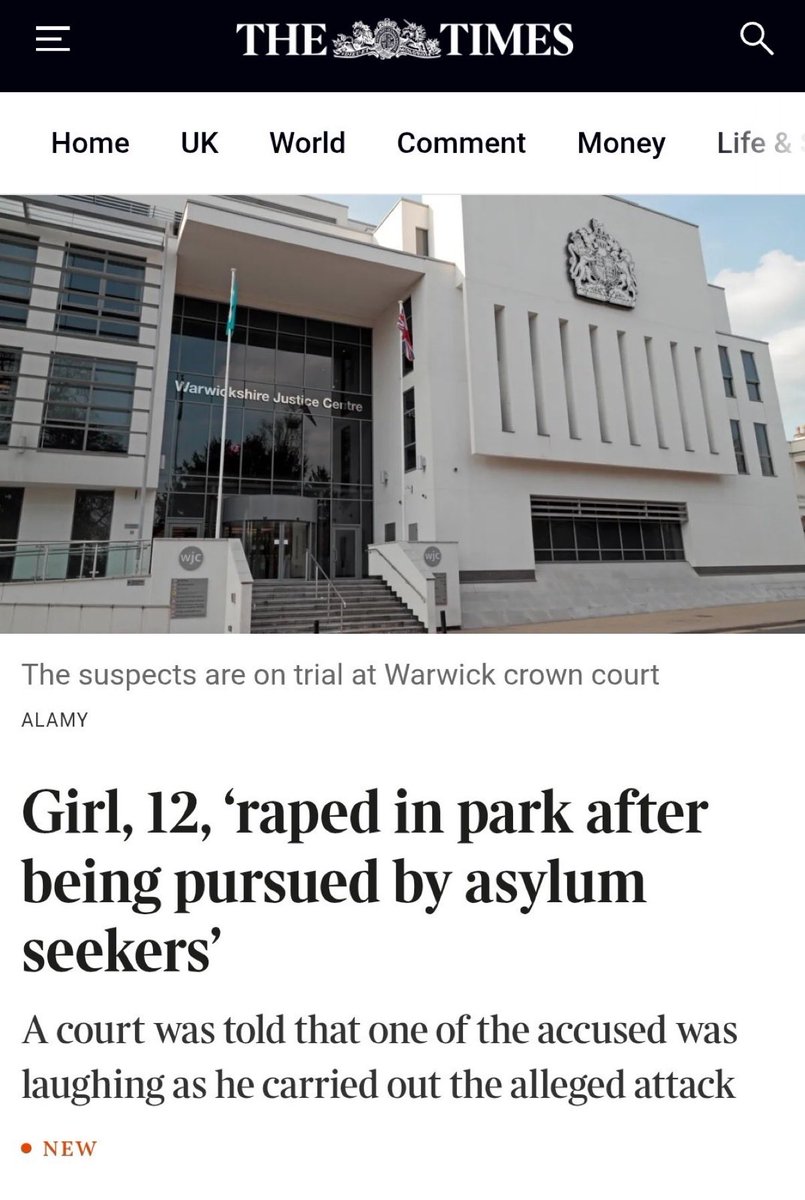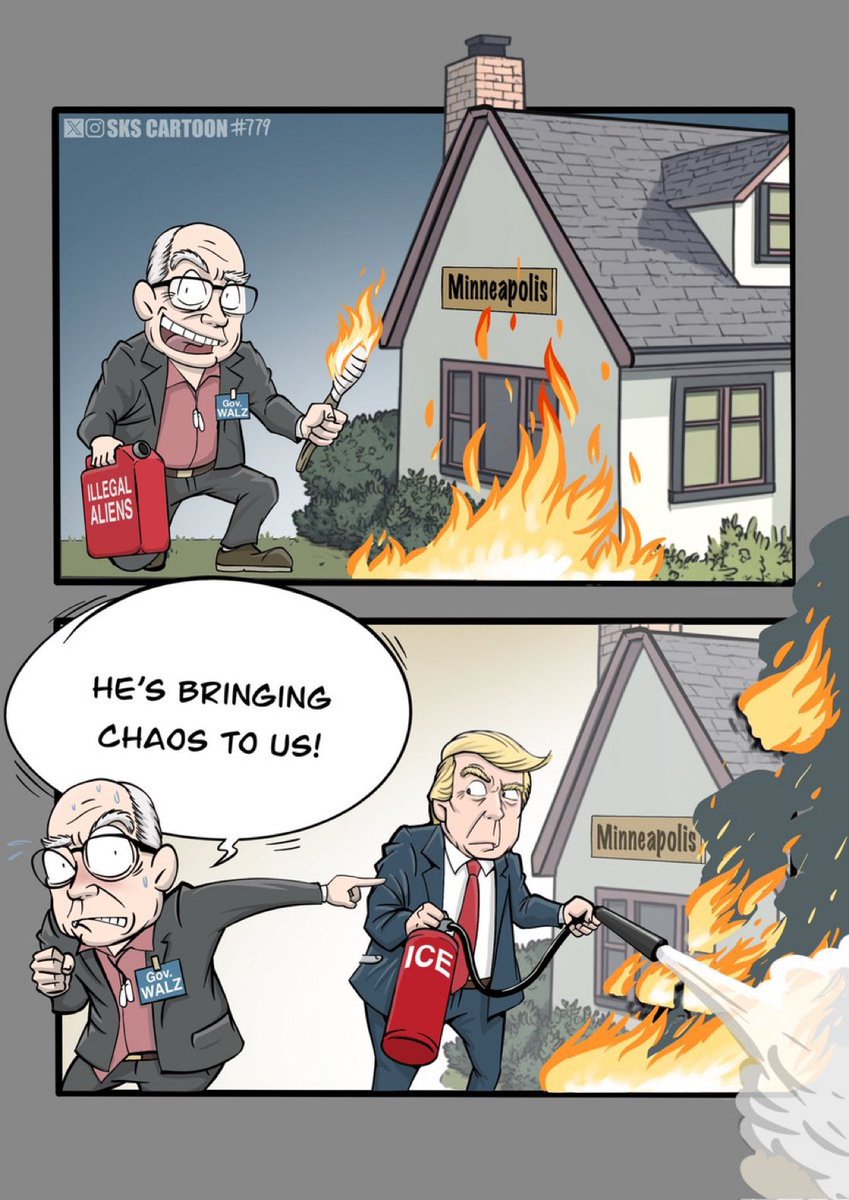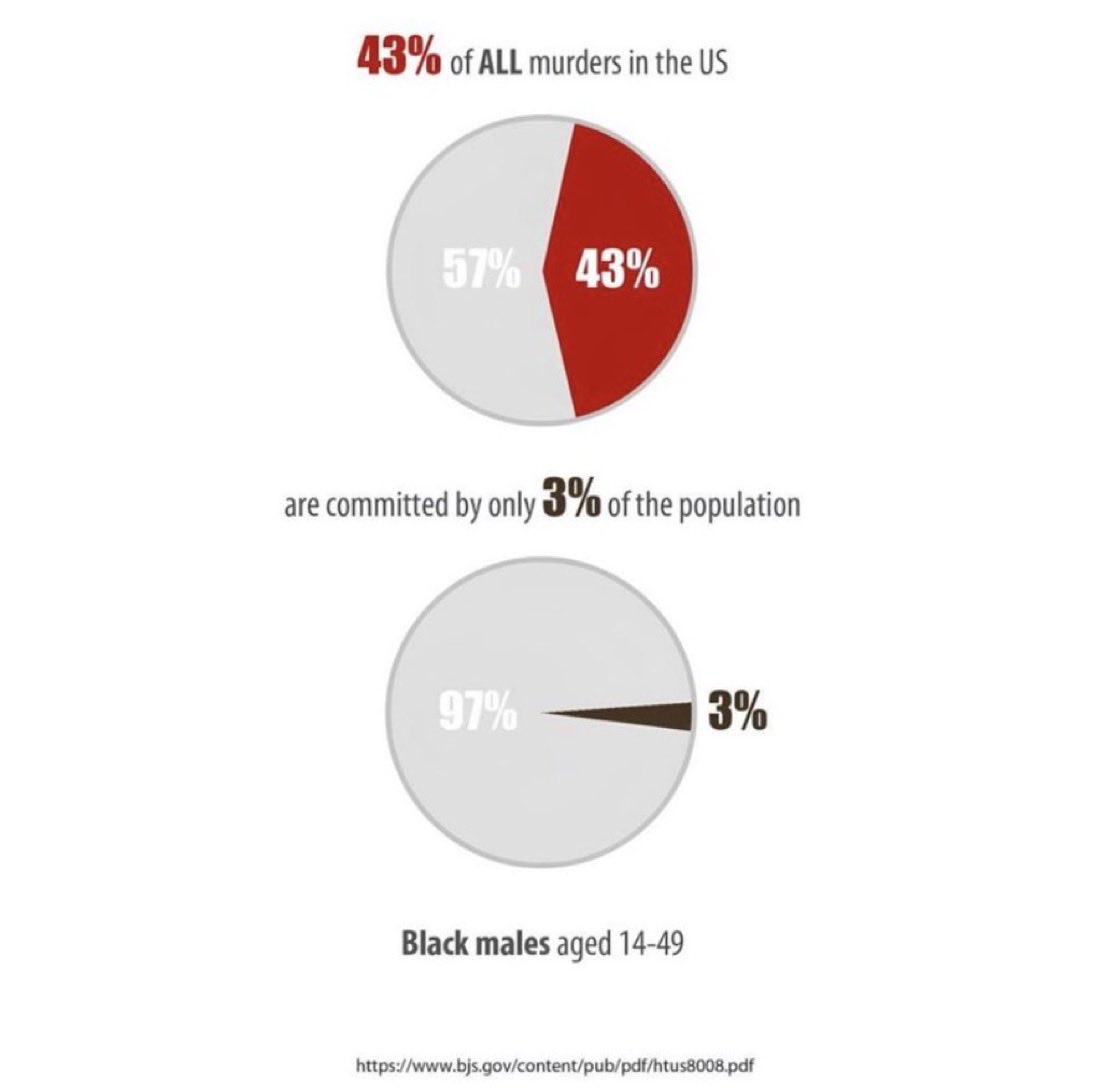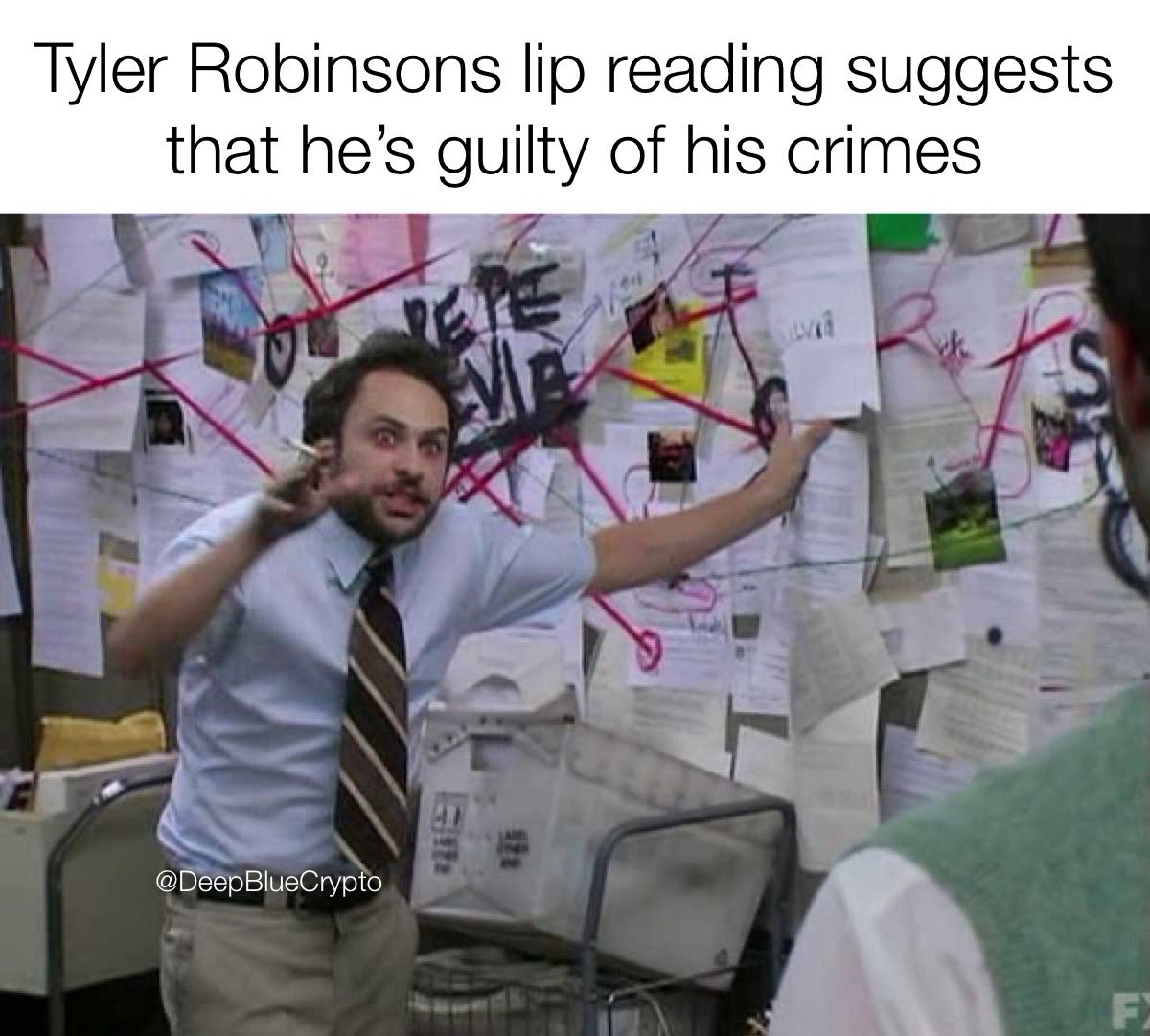Your eminent economists, your politicians, your wealthy elite, your power brokers, your corporations all lied about the inflation, the pandemic, your health and god knows what.
Now that lies are coming out, they try to stop truth by controlling it, a 🧵
Now that lies are coming out, they try to stop truth by controlling it, a 🧵
They lied about vaccine efficacy & it’s impacts on your health without any implications or repercussions. Nothing’s gonna change in the future.
https://twitter.com/DeepBlueCrypto/status/1580384906232098816
They lied about #ClimateChange to keep you in the dark and spend more tax dollars on wild goose chases in the name of climate saving gods
https://twitter.com/DeepBlueCrypto/status/1579616120122019841
They lied about every war for decades in the name of national security.
https://twitter.com/DeepBlueCrypto/status/1580356351863029760
They lied about your food for decades and the food pyramid they claim isn’t supposed to be what it still is
https://twitter.com/DeepBlueCrypto/status/1571308219816886275
They want to control your lands, your food, your bodies, your health, your wealth & your minds. Keep falling for their lies, you’ll never see the light.
https://twitter.com/DeepBlueCrypto/status/1549789304641175555
Corporations paying for your abortions is because they care about your freedoms & your health is a lie, they only care about their wealth
https://twitter.com/DeepBlueCrypto/status/1544830431895379970
It’s all about control, for if the truth comes out… they’ll lose control quickly
https://twitter.com/DeepBlueCrypto/status/1555000434288463873
They’re covering up their pervert acts in the Epstein & Maxwell case. Hiding the truth from coming out is more dangerous than lying.
https://twitter.com/DeepBlueCrypto/status/1566945330750521344
Nearly every war has been a result of the media lies — Julian Assange
Who’s complicit with those media lies… your government of course
Who’s complicit with those media lies… your government of course
They never want the war to end. The wars were meant to be continuous so they can keep funding it through weapons manufacturers & rebuilding contracts and keep lying to people they are helping Ukraine attain its freedom & democracy… bullshit 

They lied about diamonds are rare, diamonds mean relationships forever.
We all suckers bought into it
We all suckers bought into it
They either lie or hide the truth. In this case they shut him up when he spoke about the most violent nations on 🌎
That’s your #FreedomOfSpeech
That’s your #FreedomOfSpeech
https://twitter.com/DeepBlueCrypto/status/1584310774683402241
Kobe Bryant was suing Big Pharma and his testimony was a couple of days prior to his death.
Is this just a conspiracy theory or another one of their hush ups 🤷♂️
Is this just a conspiracy theory or another one of their hush ups 🤷♂️
The governments, politicians, WHO, FDA, CDC, WEF, IMF, SEC, IRS, FBI, CIA have all become so tainted… we might as well call conspiracy theories as previews of the real thing 🤷♂️ 

🚨🚨🚨🚨🚨
Dr. Peter McCullough revealing too many truths. He’s been stripped of his right to practice medicine.
"The vaccine is incredibly risky, and basically it's achieving it's goal. If the goal was to reduce the world's population, it's working."
Dr. Peter McCullough revealing too many truths. He’s been stripped of his right to practice medicine.
"The vaccine is incredibly risky, and basically it's achieving it's goal. If the goal was to reduce the world's population, it's working."
We called you murderers
We called you science deniers
We closed libraries, schools & parks
We shut your business, stopped travel
We stopped you from traveling in emergency
We forced vaccine mandates, got you fired, shamed & canceled
Let’s forget all this happened & start fresh
We called you science deniers
We closed libraries, schools & parks
We shut your business, stopped travel
We stopped you from traveling in emergency
We forced vaccine mandates, got you fired, shamed & canceled
Let’s forget all this happened & start fresh

FBI, DHS are closely working with the media platforms like Facebook & Twitter to actively censor content. In the name of disinformation, they routinely urge media platforms to delete, update or reduce page rank for information that’s adversely impacting the establishment 🤷♂️
https://twitter.com/lhfang/status/1587095890983936000
Imagine your close friend or family member died due to 💉 side effects
Imagine your kids went into depression due to lockdowns & social distancing
Imagine you couldn’t travel to your family or friends funeral
Imagine you lost your job…
Would you pardon them for their acts?
Imagine your kids went into depression due to lockdowns & social distancing
Imagine you couldn’t travel to your family or friends funeral
Imagine you lost your job…
Would you pardon them for their acts?

Trust no experts, think for yourself.
They’re not going to take responsibility for your health. It’s all about their profits, it’s all about their power.
They’re not going to take responsibility for your health. It’s all about their profits, it’s all about their power.

You’ve been forced to take vaccines, forced out of work, forced economic shutdowns, forced into lockdowns, stopped schools and thrown kids into deep depression…
Forget everything, forgive us for we didn’t know better. Let’s start fresh.
Forget everything, forgive us for we didn’t know better. Let’s start fresh.

Here’s another lie perpetrated on you all through rap music culture. A bunch of black young rappers keep dying. Who’s not dying are the record executives who keep promoting the bad culture of money, sex, guns, violence, drugs and death. You are all pawns in their #RapCultureGame
https://twitter.com/robbystarbuck/status/1587507529827094528
I’m not gonna forget and forgive. There are decades when nothing happens and sometimes there are weeks when decades happen. Those few weeks in 2020-2021 showed us what could happen in a totalitarian future.
#NoAmnesty
#NoAmnesty
Owner of “The Atlantic” magazine.
“The Atlantic” magazine asking for amnesty. I’m sure she’ll be asking for amnesty for all the childrens lives destroyed by our ruling class & elite wealthy pedophiles, because they didn’t know better 🤷♂️

“The Atlantic” magazine asking for amnesty. I’m sure she’ll be asking for amnesty for all the childrens lives destroyed by our ruling class & elite wealthy pedophiles, because they didn’t know better 🤷♂️


Myth: A jab a year keeps the doctor away as per Joe Biden
Fact: A jab a year boosts Big Pharma profits, reduces your immunity and keeps you jab subscriber for life
It’s a win-win scenario, take the jab 😂
Fact: A jab a year boosts Big Pharma profits, reduces your immunity and keeps you jab subscriber for life
It’s a win-win scenario, take the jab 😂

Young adults and athletes are dying due to vaccines. Still births have skyrocketed after the vaccines. They call them #DemisePatients 👀
#vaccineinjuries #vaccinedamage
#VaccineSideEffects #Vaccine
#vaccineinjuries #vaccinedamage
#VaccineSideEffects #Vaccine
Vaccines are supposed to boost your immune system, instead they boost Pharma profits and weakens your immune system. Take it anyways 🤷♂️ 

President Bukele says out loud why US politicians make terrible laws like
- distribute drugs to addicts
- allow shoplifting up to an amount
- defund the police
- pay people who don’t work
They’re all by design, to make you dependent on the state
- distribute drugs to addicts
- allow shoplifting up to an amount
- defund the police
- pay people who don’t work
They’re all by design, to make you dependent on the state
The French have been drinking wine daily for centuries and they have some of the longest lifespans on earth…
But regardless, trust our science
But regardless, trust our science

If politicians can make money
If corporations can make money
If governments can gain more power
Anything is possible. If solving world hunger and providing clean water does any of these things, they’d be done
If corporations can make money
If governments can gain more power
Anything is possible. If solving world hunger and providing clean water does any of these things, they’d be done

• • •
Missing some Tweet in this thread? You can try to
force a refresh



















